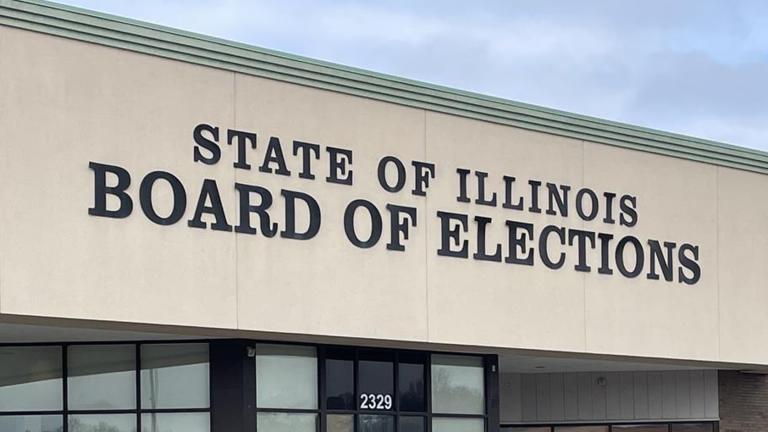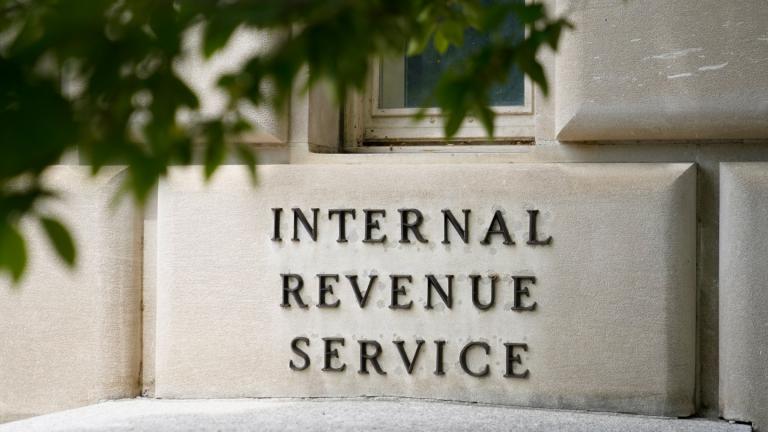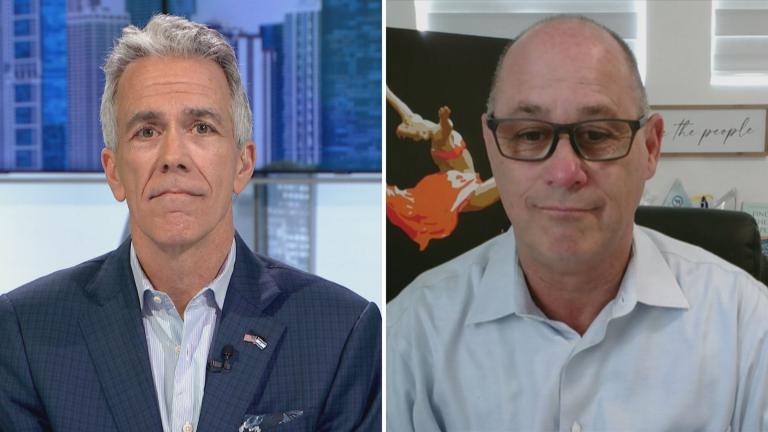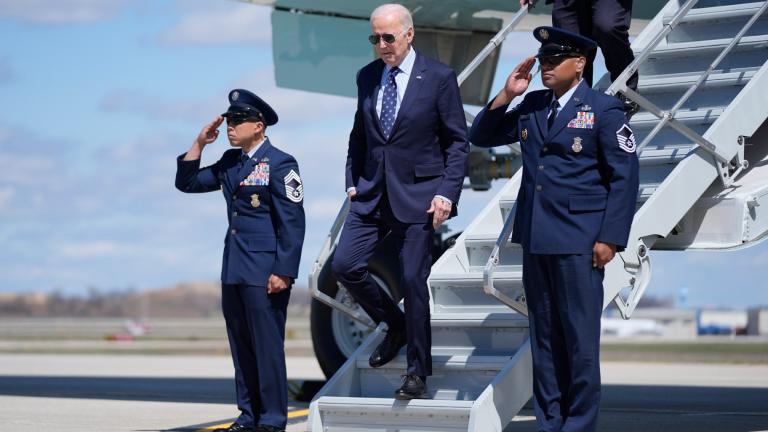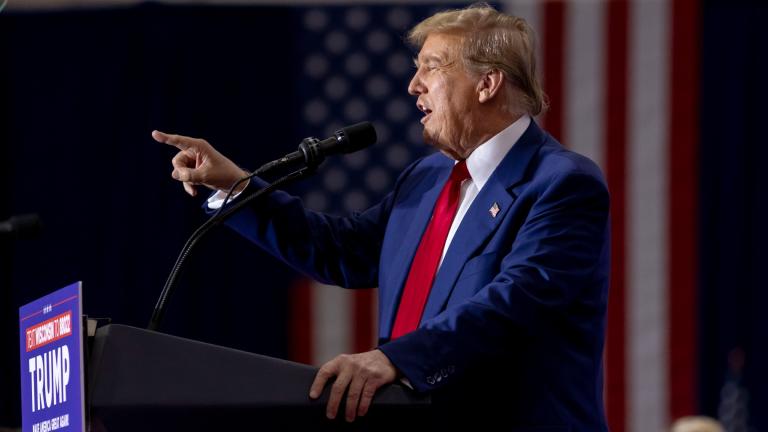Former President Donald Trump has been kicked off the ballot in both Maine and Colorado.
Those unprecedented rulings are on hold for now, with Trump’s legal team indicating he plans to appeal to the U.S. Supreme Court.
At issue is whether Trump is disqualified from making another presidential run under the 14th Amendment due to engaging in insurrection.
“From a strictly legal perspective, if we’re just looking at the meaning of the 14th Amendment, section three, I think the Colorado Supreme Court and the Maine Secretary of State have a very strong case that Trump is not qualified to run for president,” said David Franklin, law professor and constitutional specialist at DePaul University. “Do I think it’s an absolute slam dunk open and shut case? No. I think the legal arguments in support of disqualification are strong but that doesn’t end the conversation.”
Franklin, who served as Illinois solicitor general from 2016 to 2019, says the Supreme Court must also weigh whether “to allow a state official or a state court or ultimately the U.S. Supreme Court to deprive tens of millions of Americans of the ability to vote for the candidate that they prefer for president. That’s an enormous step for a court to take.”
Despite believing Maine and Colorado may have compelling reasons to disqualify Trump, Franklin says he believes the Supreme Court will be very reluctant to keep the former president off the ballot.
“It’s frankly impossible for me to imagine the Supreme Court allowing Trump to be struck from the ballot,” said Franklin. “I think they will reverse what Colorado and Maine have done. The only question is on what basis they will do so. And I think there are a range of possibilities there.”
Franklin also thinks Chief Justice John Roberts will be keen for the court to rule unanimously on this issue to avoid the appearance of partisanship.
“John Roberts, of all people, is very aware that it would be a bad look for the court if it were not unanimous or at least it would be a very bad look for the court if the six conservatives were on one side and the three liberals were on the other,” said Franklin.
Harold Krent, constitutional specialist and law professor at Chicago-Kent College of Law, expects the Supreme Court to take the case on an expedited basis.
“I think that they are likely to take the case though they probably don’t want to,” said Krent. “I think they will find a way to ensure that Trump remains on the ballot, but they won’t decide on whether or not he committed insurrection.”
Krent says he expects the court to find reasons of process to reverse Trump’s ballot ban.
“My guess would be that they find that that there is insufficient process that was undertaken in both Colorado and Maine to determine that he in fact committed insurrection,” said Krent. “We need to have some kind of adjudication with safeguards as to whether someone committed an insurrection before they’re kicked off the ballot. It was kind of easy after the Civil War, someone served in the Confederate Army or served in Confederate office, they have records. There wasn’t any kind of doubt, but now we’re in this age where how do you figure out whether somebody committed an insurrection? That’s such a slippery process. It can be so easily politicized.”
While both Franklin and Krent ultimately expect the Supreme Court to keep Trump’s name on the ballot, it is possible the court could rule against Trump.
“I think that’s a possibility. I think it’s remote,” said Krent. “But this is tough because I think this whole idea of being kicked off the ballot politically plays into Trump’s narrative. And I think the Supreme Court is well aware of that.”

